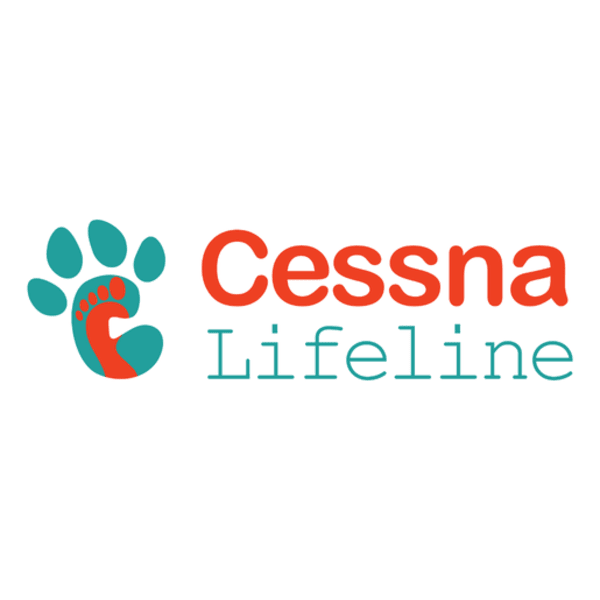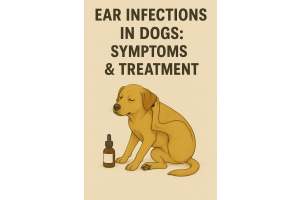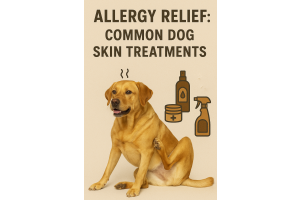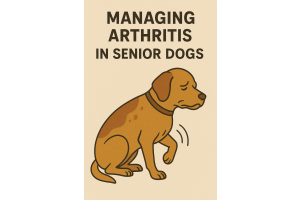Hydration Tips for Dogs in Bangalore’s Heat
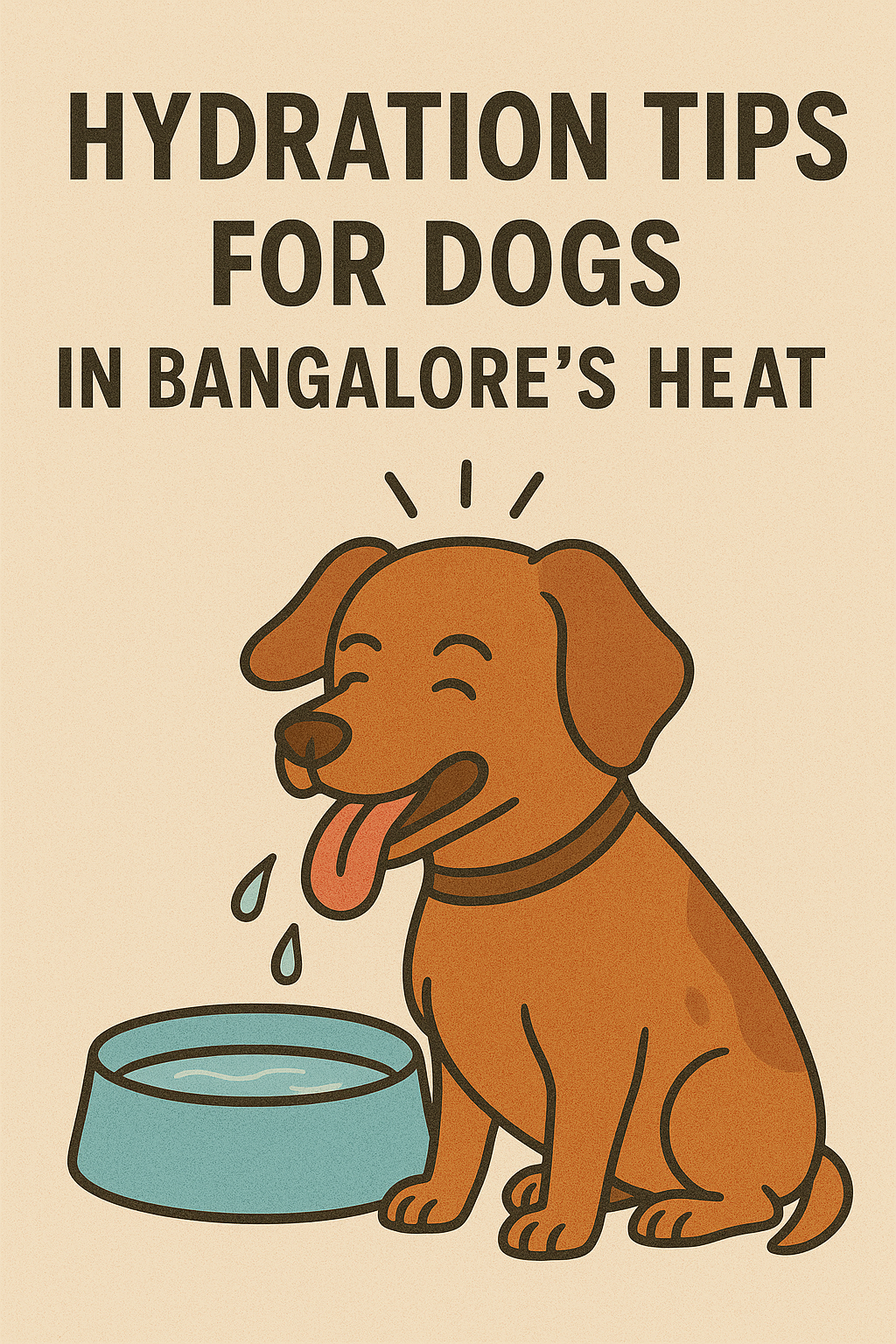
Bangalore’s warm, sometimes unpredictable climate can pose a risk to your dog’s hydration levels, especially during the hotter months. Dehydration can quickly become a serious medical emergency. Understanding dog dehydration signs and knowing how to prevent them are crucial to keeping your furry friend safe.
Here’s your complete guide to hydration, plus how Cessna Lifeline Veterinary Hospital can help.
Why Hydration is Important
Water supports essential functions like:
-
Regulating body temperature.
-
Supporting digestion.
-
Circulating nutrients and oxygen.
-
Eliminating waste through kidneys.
Even mild dehydration can cause fatigue, digestive issues, and heatstroke.
Signs of Dehydration in Dogs
Look out for:
-
Sunken eyes.
-
Dry nose and gums.
-
Loss of skin elasticity (when gently lifted, skin doesn't quickly return).
-
Lethargy or weakness.
-
Excessive panting.
-
Loss of appetite.
-
Dark yellow or concentrated urine.
If your dog shows these signs, offer water immediately and contact Cessna Lifeline Veterinary Hospital if symptoms persist.
Risk Factors in Bangalore
-
High daytime temperatures and urban heat islands.
-
Humidity affecting cooling via panting.
-
Increased outdoor activity without adequate water breaks.
Preventing Dehydration
Provide Constant Access to Clean Water
Keep multiple bowls in different areas, especially if your dog roams the house or yard.
Encourage Frequent Drinking
Flavor water with small amounts of low-sodium broth or provide ice cubes as treats.
Avoid Peak Heat Hours
Walks should be early morning or late evening. Hot pavements can burn paw pads and increase overheating risk.
Adjust Diet
Wet or raw diets can help boost moisture intake compared to dry kibble alone.
Monitor During Exercise
Bring a portable water bottle and bowl on walks or trips.
Shade and Cool Spots
Ensure shaded resting areas, cooling mats, and indoor spaces during peak heat.
When to See a Vet
Immediate veterinary care is needed for:
-
Collapse or unresponsiveness.
-
Severe lethargy.
-
Vomiting or diarrhea with dehydration.
-
Gums that appear blue or gray.
Cessna Lifeline Veterinary Hospital offers IV fluids and supportive care to quickly stabilize severely dehydrated dogs.
Long-Term Hydration Tips
-
Maintain a hydration schedule, especially for senior dogs or those with kidney issues.
-
Add water or broth to meals regularly.
-
Use automatic water fountains to encourage drinking.
Why Choose Cessna Lifeline Veterinary Hospital
-
Advanced fluid therapy options.
-
Personalized hydration and diet plans.
-
Expertise in heatstroke and dehydration emergencies.
Final Thoughts
Dehydration is a preventable yet potentially life-threatening condition. By recognizing dog dehydration signs and implementing simple hydration strategies, you can keep your pet safe even in Bangalore’s challenging weather.
Trust Cessna Lifeline Veterinary Hospital to provide guidance and emergency support when needed.
